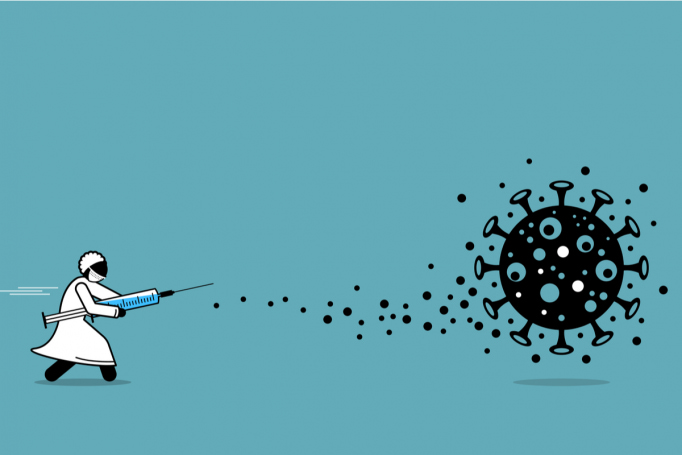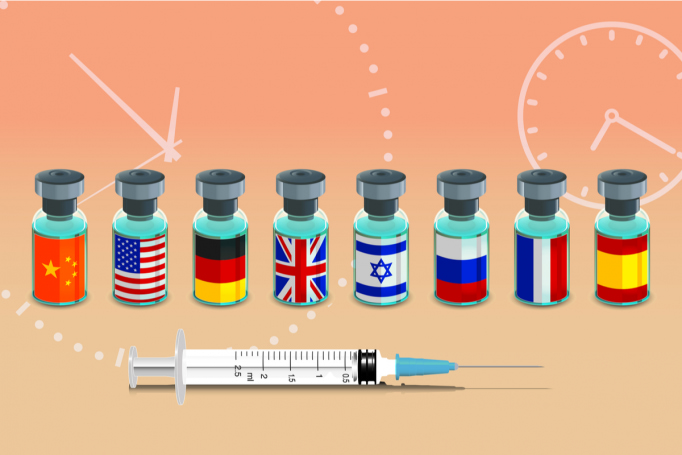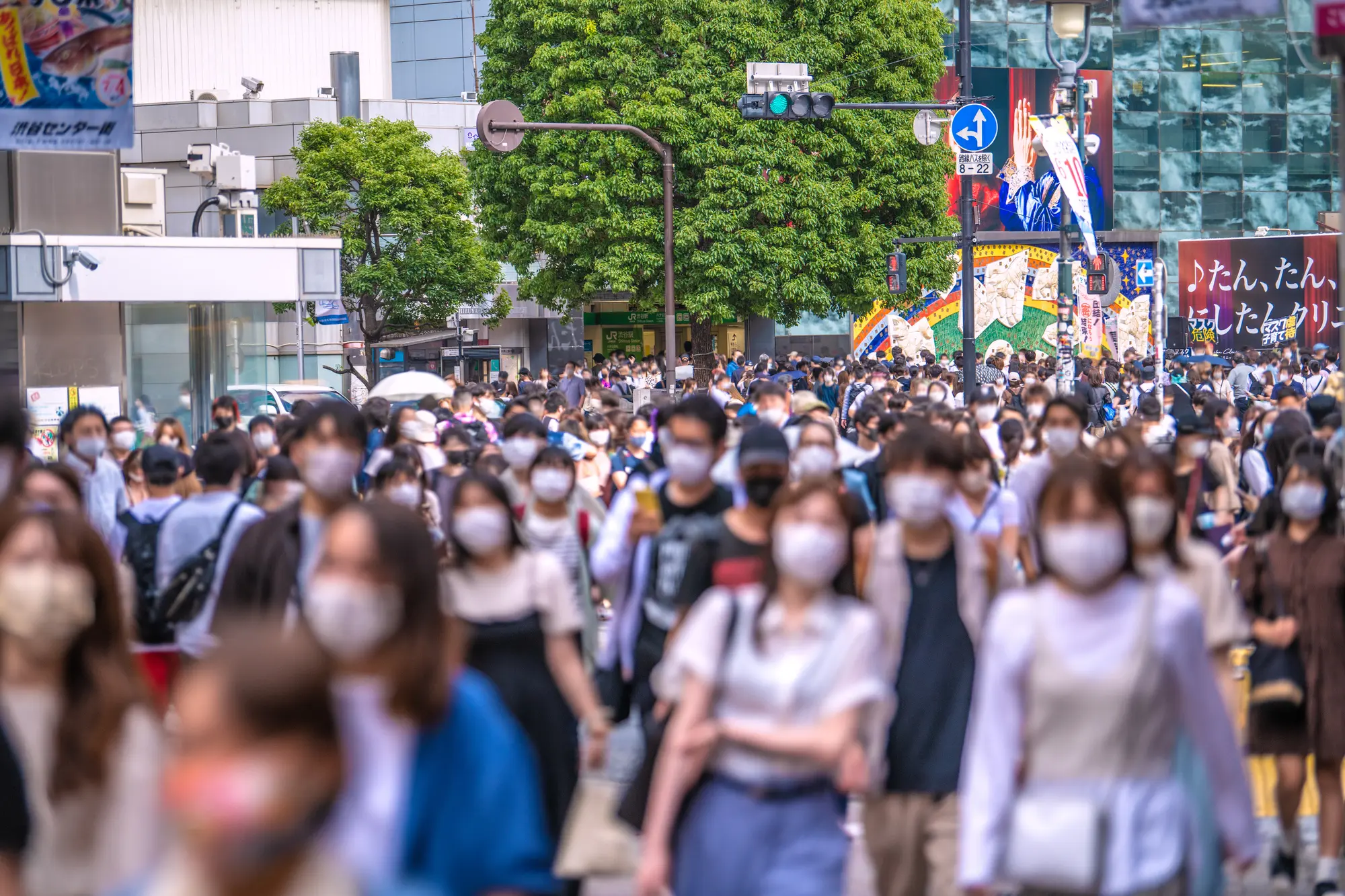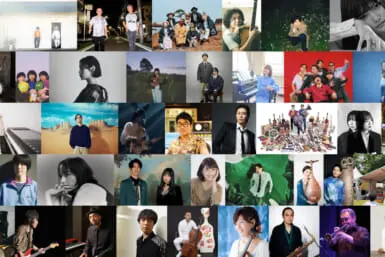On September 27, Ariake, Tokyo, became the stage for a large-scale anti-vaccine demonstration. This was a striking departure from Japan’s typically orderly public discourse. What made this event even more unusual was the rumor circulating that young participants were being paid ¥10,000 to join the rally.
Hundreds of people gathered at Tokyo Rinkai Disaster Prevention Park. However, the atmosphere was far from unified. While some participants sat attentively near the stage wearing anti-vaccine T-shirts, others, particularly the younger crowd, milled about, casually scrolling through their phones, seemingly uninterested in the protest itself.
Several attendees, including high school students, had reportedly seen posts on social media promoting the demonstration as a “well-paying part-time job,” offering ¥10,000 for just 90 minutes of participation. Others were invited into online group chats, where they were promised cash in exchange for inflating the event’s numbers.
Some received the money as advertised, with stories of participants being guided into the park, having their photos taken to verify attendance, and later being handed their ¥10,000 rewards. Confusion reigned, though, as others left empty-handed, confronting event staff who denied any payment involvement. The staff carried signs declaring “No payment for participation,” while rumors of yakuza involvement in organizing the event spread among the crowd.
This spectacle, while garnering attention, is symptomatic of a deeper issue: Japan’s long-standing hesitancy toward vaccines. The skepticism is not new and has evolved over decades, shaped by public health controversies and cultural attitudes that continue to influence Japan’s approach to vaccination.

A History of Mistrust
Japan’s mistrust of vaccines can be traced back to the 1990s, when the government introduced the MMR (measles, mumps, and rubella) vaccine. Reports of adverse side effects, such as aseptic meningitis and autism, led to widespread public outrage and lawsuits. Although later studies debunked some of the concerns, the damage was done. Public trust in government vaccination programs was shattered, and Japan pulled back from aggressive vaccination campaigns.
Another case of vaccine mistrust in Japan involves the human papillomavirus (HPV) vaccine. Initially introduced in 2011, the HPV vaccine was met with optimism and vaccination rates were as high as 70%. However, soon after its introduction, reports of adverse effects, such as chronic pain, cramping and even paralysis, began surfacing in the media. Television programs and newspapers amplified these stories, depicting them as side effects of the vaccine.
In 2013, Japan’s Ministry of Health, Labor, and Welfare (MHLW) decided to stop actively recommending the vaccine, despite leaving it as part of the routine immunization schedule. This decision was interpreted by the public as an admission of the vaccine’s danger, causing vaccination rates to plummet to below 1% by 2020.
In the years that followed, Japan developed a uniquely cautious stance on vaccines. The country’s regulatory process became notoriously slow, with new vaccines facing long approval timelines. This caution wasn’t entirely without merit — public health officials wanted to ensure safety above all. But this approach also fed into public perceptions that vaccines were risky or unnecessary.
The ripple effects of these past incidents have contributed to Japan’s current vaccine policies, where even crucial vaccines like the mumps vaccine are not part of the routine immunization schedule. While the MMR vaccine has become a standard part of public health policy in many countries, Japan still favors separate doses for measles and rubella, with no national immunization program for mumps.
Cultural and Social Factors
Japan’s reluctance toward vaccines isn’t purely based on historical controversy. Deep-rooted cultural beliefs play a significant role. There is a strong emphasis on holistic health and natural remedies, which many believe to be safer than medical interventions like vaccines. This belief is compounded by a general societal preference for avoiding risks and a collective aversion to things perceived as unnatural.

A Growing Public Health Concern
The Japanese government’s conservative approach to health policy has reinforced these cultural tendencies. Vaccine rollouts have often been slow and careful, in stark contrast to other developed nations. Even during the COVID-19 pandemic, Japan’s vaccine rollout lagged behind, with the public largely accepting delayed distribution due to the ingrained mistrust in vaccines’ safety.
The recent anti-vaxxer demo and the young participants’ involvement point to a new dimension of this issue: the potential mobilization of younger generations, who may not remember the MMR vaccine controversy but are still affected by the cultural and social attitudes surrounding vaccination.
Japan’s hesitancy to embrace vaccines remains a critical public health challenge. As other nations continue to implement widespread vaccination programs, Japan’s slow uptake could have long-term consequences on its public health landscape. How the government and society respond to the growing anti-vaccine movement will be key to understanding the future of vaccine acceptance in Japan.
The Ariake demonstration is just the latest sign of a deeper issue. Understanding why Japan remains so hesitant about vaccines requires examining the layers of history, culture and policy that have shaped the country’s approach to public health.









